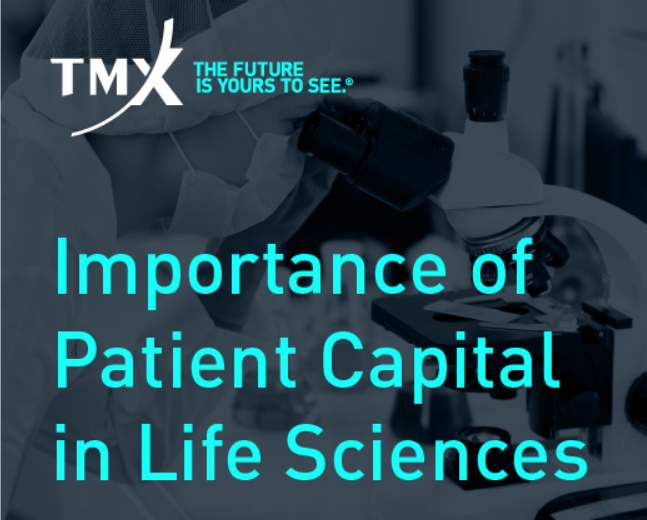Many treatment options exist for patients with chronic obstructive pulmonary disease (COPD). Most of them have historically focused on improving airway obstruction, so the patient can exhale more easily and with less wheezing.
While this is important, the medical community has identified other significant health factors of the disease that can shape research moving forward, and allow researchers to find new therapies that will improve the overall health of someone with COPD. These therapies could help stop or slow exacerbation episodes, or they could even try to slow the progression of the disease.
Recent advances in understanding the pathogenetic mechanisms that underlie COPD have led to the identification of many novel therapeutic targets. As a result, a large number of agents have been explored as potential treatments, both at the pre-clinical and clinical levels.

With the Rise of AI, What IP Disputes in Healthcare Are Likely to Emerge?
Munck Wilson Mandala Partner Greg Howison shared his perspective on some of the legal ramifications around AI, IP, connected devices and the data they generate, in response to emailed questions.
Spirometry continues to be an important tool for generating pneumotachographs, which are helpful in assessing COPD. Along with promoting smoking cessation, vaccinations, Alpha-1 testing and exercise, patient health status should be monitored with the COPD Assessment Test (CAT), or the modified Medical Research Council (mMRC) Breathlessness Scale.
On the horizon, a number of significant studies and trials are underway:
COPD Biomarkers Qualification Consortium (CBQC) – With the recognition of the importance of biomarkers to advance the development of new treatments, the U.S. Food and Drug Administration (FDA) initiated a Biomarker Qualification Process, requiring a substantial data set supported by a very careful analysis.
In response, the COPD Foundation embarked on the creation of the CBQC with support from member pharmaceutical companies, each contributing financial support, data and expertise.
The CBQC has submitted a Qualification Package to the FDA for plasma fibrinogen as a new drug development tool. This promising biomarker identifies a group representing 25 to 30 percent of all COPD patients (a COPD subtype).
The COPDGene® Study – This is one of the largest studies ever to investigate the underlying genetic factors of COPD. The COPDGene® Study is looking for answers to why some smokers will develop COPD and others will not. While it has been demonstrated that cigarette smoking can cause COPD, only a minority of smokers develop the disease – a fact that raises the question of genetic susceptibility.
Long-term Oxygen Treatment Trial (LOTT) – Funded by the National Heart, Lung, and Blood Institute (NHLBI), LOTT is a randomized controlled clinical trial to assess the efficacy of around-the-clock, supplemental oxygen therapy in patients with COPD and moderately severe hypoxemia.
SPIROMICS – Subpopulations and intermediate outcome measures in COPD study (SPIROMICS) supports the prospective collection and analysis of phenotypic, biomarker, genetic, genomic and clinical data from subjects with COPD for the purpose of identifying subpopulations and intermediate outcome measures. It is funded by the NHLBI, and coordinated by the University of North Carolina at Chapel Hill.
In addition, two new non-invasive lung-volume reduction treatment trials are being conducted:
- The RePneu® Lung Volume Reduction Coil is a minimally-invasive treatment designed to improve lung function, exercise capacity and quality of life for people with advanced emphysema. Because the Coil acts by a simple mechanical action of tissue compression, the desired effects are achieved without collateral ventilation interfering with treatment outcome.
- The AeriSeal System is designed to reduce lung volume in order to improve lung function and quality of life in patients with advanced emphysema.
It is hoped that these projects will accelerate therapeutic development and usher in a new set of treatments to those who need them most.















